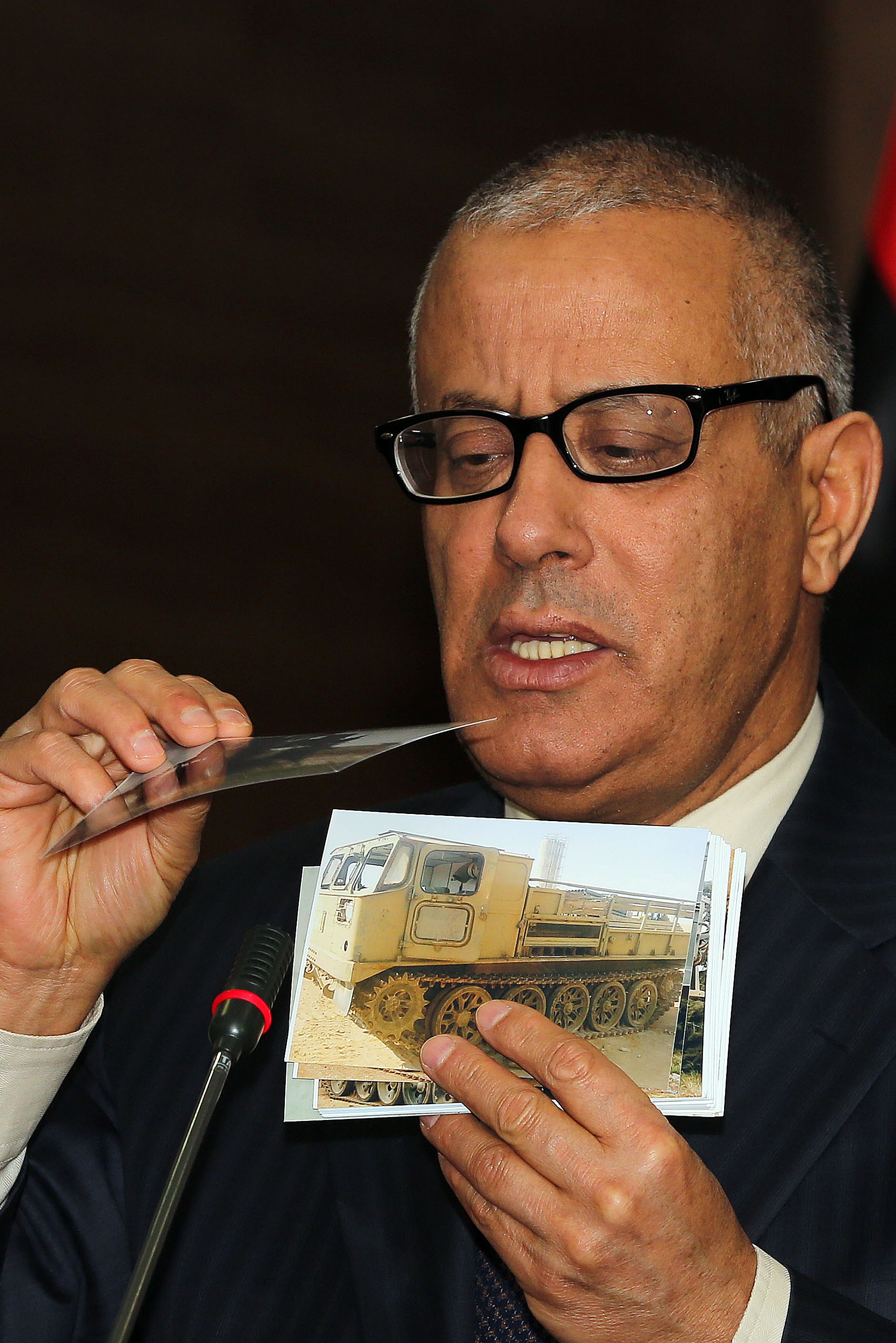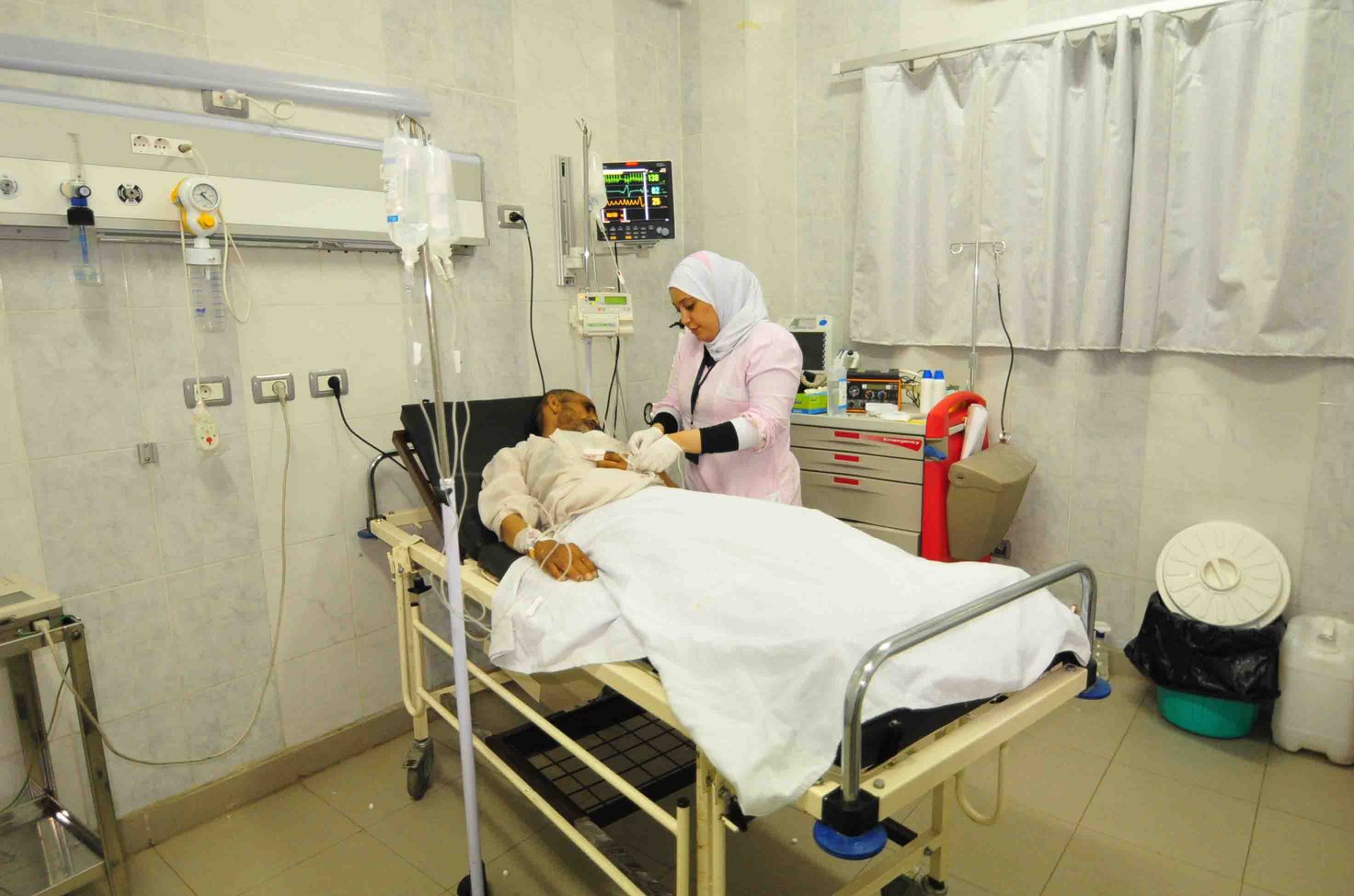PARIS: Ahmad Massaadeh, a former Jordanian ambassador to the EU and NATO, has formally been named head of the Mediterranean Union project, making him the first leader of the forum created in 2008, France s foreign minister said Tuesday.
The appointment of the secretary general constitutes a decisive step in the institutional construction of the Union, Bernard Kouchner said in a statement.
The Union must now catch up after the delay, due mostly to repercussions on the organization from political events in the Middle East last year, Kouchner added.
The foreign minister said the objectives of the Union for the Mediterranean (UPM) are to create a space of peace, solidarity and prosperity through cooperation projects and to develop areas around the Mediterranean region.
With Massaadeh s nomination, preparations can get underway for the second UPM summit in Barcelona in June, at the end of Spain s six-month EU presidency.
Massaadeh was named head of the UPM on Jan. 12 and the foreign ministers of the countries in the union formally appointed him on Monday.
The secretary general of the UPM will be based in Barcelona and have Israeli, Palestinian, Turkish and Arab League deputies.
The UPM involves around 40 nations and was launched with great fanfare in Paris in July 2008 by French President Nicolas Sarkozy.
The Mediterranean Union project brings together EU members with states from north Africa, the Balkans, the Arab world and Israel in a bid to foster cooperation in one of the world s most volatile regions.
There will be a transfer of powers between France and Egypt, co-presidents of the UPM since its creation, and Spain and Morocco, who will co-manage the UPM for two years.
It was aimed at breathing new life into the EU s so-called Barcelona Process, which was constantly blocked due to disputes between its Middle East members.
But like that process, it too became bogged down, notably over Israel s military campaign against the Gaza Strip just over a year ago in response to Hamas missile strikes.
The union s priorities are to fight pollution in the Mediterranean Sea, increase solar energy use, build land and sea highways and cooperate on higher education and research.
Its goals are meant to be achieved by joint infrastructure projects aimed at improving regional integration. -AFP


